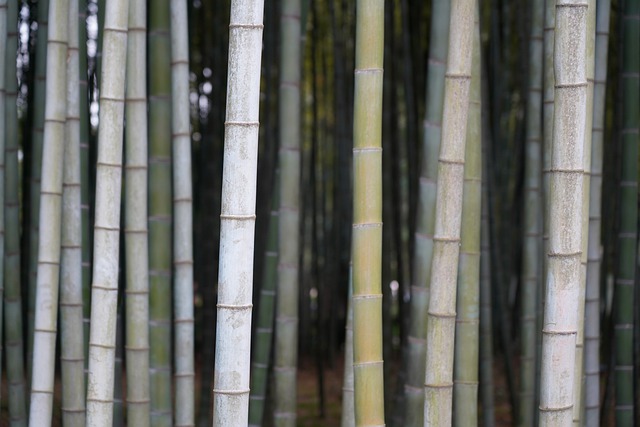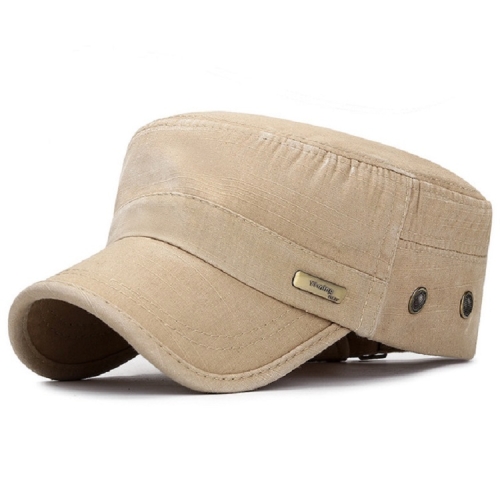
I’m excited to share with you how bamboo is reshaping the future of textiles.
This renewable resource is gaining popularity for its positive environmental impact and versatile properties. Bamboo fabric is not only durable but also sustainable, making it an excellent alternative to traditional textile materials.
Innovations in bamboo textile production processes are driving its growth in the fashion industry. Additionally, bamboo clothing offers numerous benefits, such as reducing microplastic pollution.
Join me as we explore the trends and potential applications of bamboo textiles.
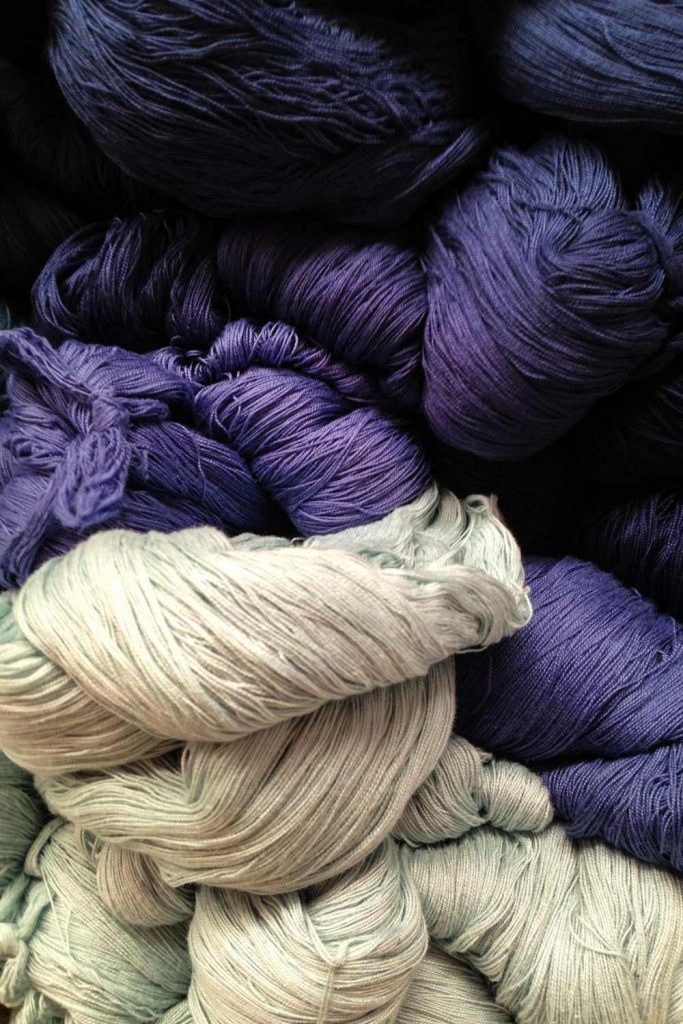
Key Takeaways
- Bamboo is a renewable resource that grows quickly and requires minimal water and no pesticides.
- Bamboo textiles have a lower carbon footprint and are biodegradable, reducing waste and pollution.
- Bamboo fabric is versatile, durable, and has antibacterial properties, making it suitable for various applications in clothing and home furnishings.
- Innovations in bamboo textile production processes are driving its growth in the fashion industry, providing a sustainable and eco-friendly choice for conscious consumers.
The Environmental Impact of Bamboo Textiles
The environmental impact of bamboo textiles isn’t as detrimental as other fabric materials. Bamboo is a renewable resource that grows quickly, requiring minimal water and no pesticides. Its growth also helps to improve air quality by releasing oxygen into the atmosphere and absorbing more carbon dioxide than other plants.
Additionally, the production process of bamboo textiles is more eco-friendly compared to traditional fabrics. It requires less energy and water to produce, resulting in a lower carbon footprint. Bamboo textiles are also biodegradable, meaning they break down naturally over time, reducing waste and pollution.
Choosing bamboo textiles over other materials can make a significant difference in reducing our environmental impact and promoting sustainability in the fashion industry.
The Versatility and Durability of Bamboo Fabric
With its versatility and durability, bamboo fabric has become a popular choice for many applications. I’ve personally experienced the benefits of this incredible material in my own life.

From clothing to home furnishings, bamboo fabric has proven to be a reliable and long-lasting option. Its natural breathability makes it perfect for warm weather garments, keeping me cool and comfortable all day long. Additionally, the fabric’s antibacterial properties make it a great choice for activewear, preventing odors and keeping me feeling fresh during workouts.
Not only is bamboo fabric practical, but it also has a luxurious feel that rivals traditional textiles. Its softness and smoothness make it a pleasure to wear, adding a touch of elegance to any outfit.
I’m constantly amazed by the versatility and durability of bamboo fabric, and I can’t wait to see what other innovative uses it will have in the future.
Bamboo as a Sustainable Alternative to Traditional Textile Materials
You’ll be pleasantly surprised by how bamboo can provide a sustainable alternative to traditional textile materials.
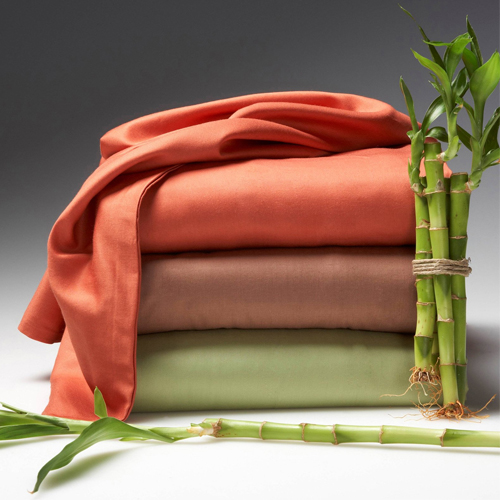
Bamboo is a remarkable plant that grows rapidly and requires no pesticides or fertilizers. Its cultivation is environmentally friendly, as it helps to prevent soil erosion and even improves air quality by absorbing more carbon dioxide than other plants.
The fibers derived from bamboo are incredibly strong and durable, making them ideal for creating long-lasting textiles. Additionally, bamboo fabric has natural antibacterial and moisture-wicking properties, making it a great choice for activewear and undergarments.
Unlike synthetic materials, bamboo is biodegradable and can decompose without polluting the environment. By choosing bamboo-based products, we can contribute to a more sustainable and eco-friendly future for the textile industry.
Innovations in Bamboo Textile Production Processes
When it comes to sustainable fabric production and eco-friendly textile alternatives, bamboo has made a significant impact on the fashion industry.
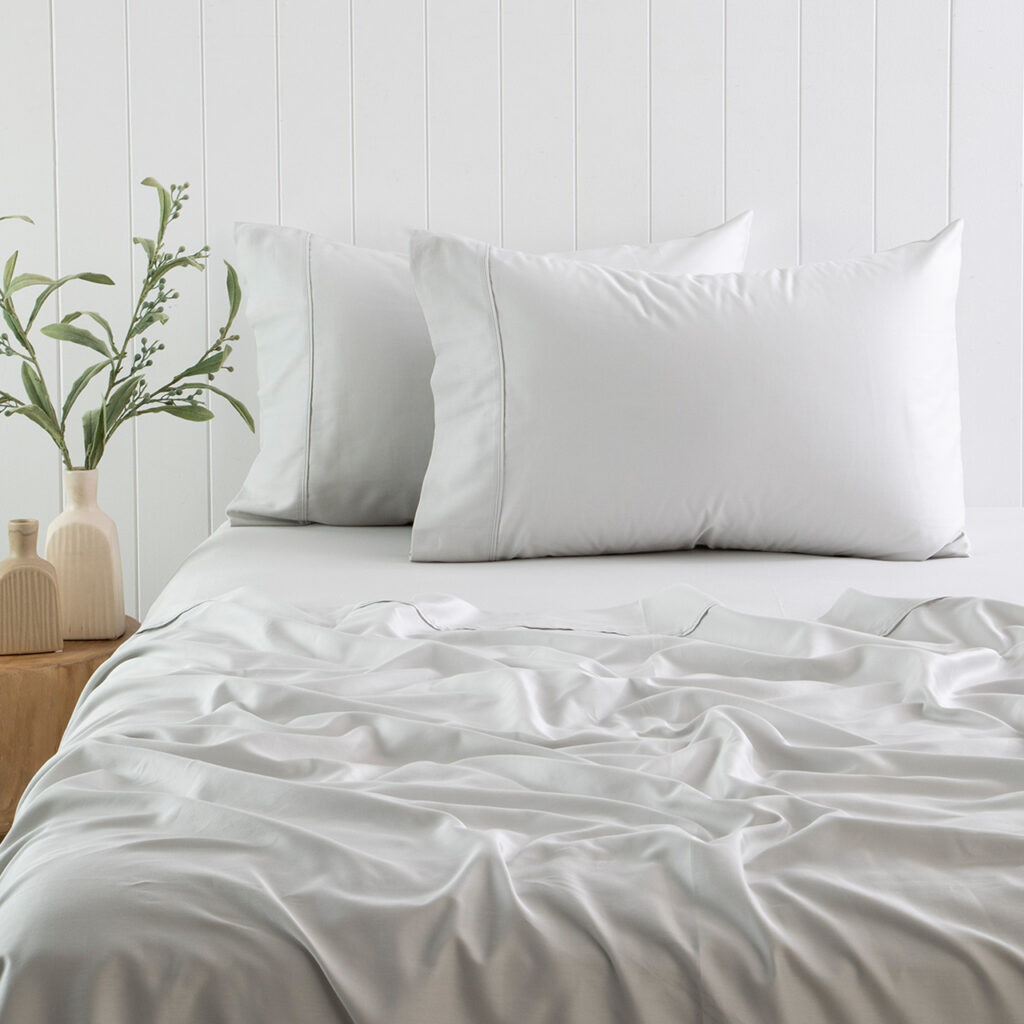
As a sustainable resource, bamboo requires less water and pesticides compared to conventional cotton.
Additionally, bamboo fabric has natural properties that make it breathable, hypoallergenic, and antimicrobial, making it a popular choice among eco-conscious consumers.
Sustainable Fabric Production
Bamboo fabric offers a sustainable alternative to traditional textile production methods. As a consumer, I am increasingly conscious of the impact my choices have on the environment. That’s why I am excited about the rise of bamboo fabric.
Bamboo is a renewable resource that grows quickly and requires minimal water and pesticides. This makes it an eco-friendly option compared to other fabrics like cotton or polyester.
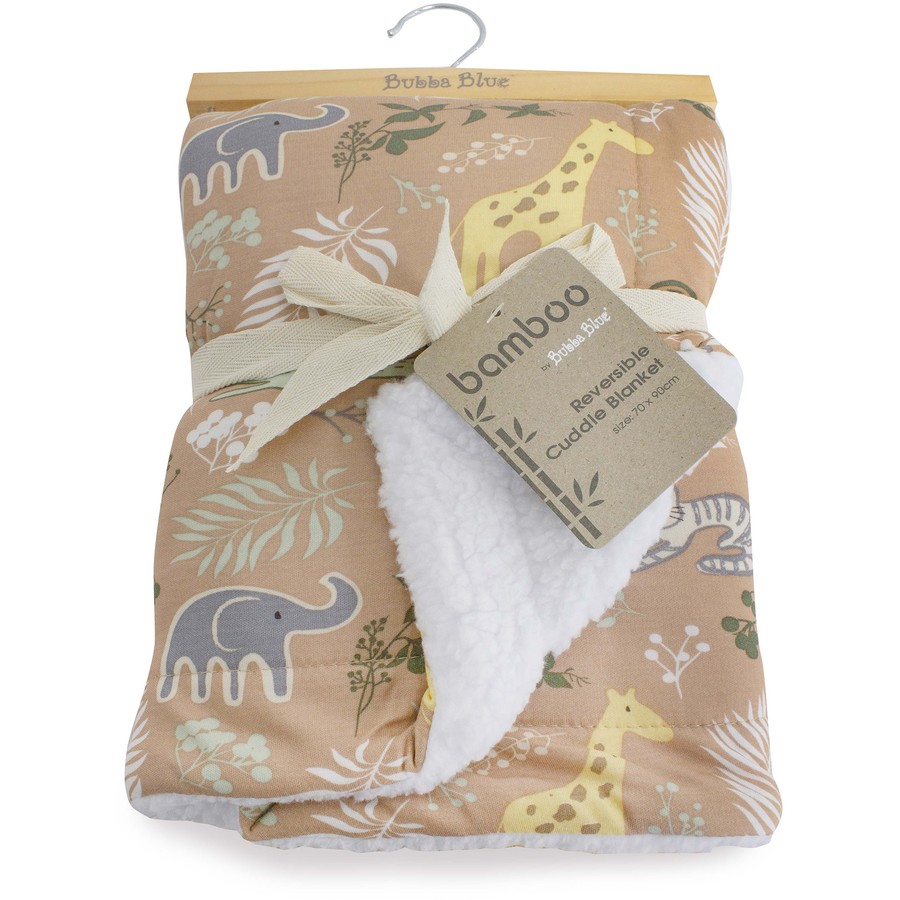
Not only is bamboo fabric sustainable, but it also has many desirable qualities. It is soft, breathable, and hypoallergenic, making it perfect for sensitive skin. Additionally, bamboo fabric has natural antimicrobial properties, which means it resists odors and bacteria.
I truly believe that choosing bamboo fabric is a small step I can take towards a more sustainable future.
Eco-Friendly Textile Alternatives
Cotton and polyester, which are commonly used textiles, have a significant environmental impact compared to eco-friendly alternatives. As someone who cares about the environment, I have been exploring different options for more sustainable clothing.
One of the alternatives I have come across is bamboo fabric. Bamboo is a renewable resource that grows quickly and requires minimal water and pesticides. The production of bamboo fabric also emits less carbon dioxide compared to cotton or polyester.
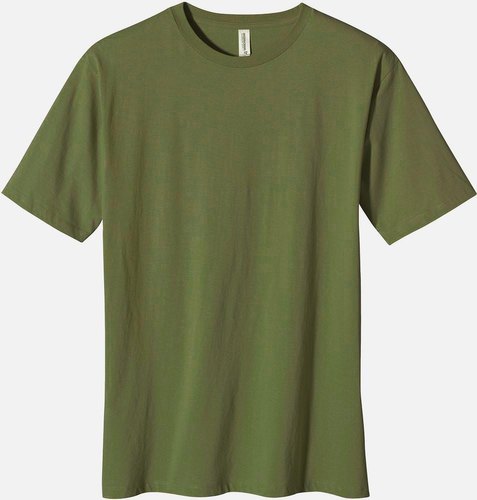
Not only is bamboo fabric eco-friendly, but it also has many other benefits. It is naturally antibacterial, breathable, and hypoallergenic. Additionally, it feels incredibly soft and comfortable against the skin.
Switching to bamboo fabric has allowed me to reduce my environmental footprint while still enjoying high-quality and stylish clothing.
Bamboo’s Impact on Fashion
If you’re passionate about sustainable fashion, you’ll be pleased to know that bamboo fabric has made a significant impact on the industry. As someone who values eco-friendly options, I am thrilled to see the rise of bamboo as a textile alternative.
Bamboo fabric is not only incredibly soft and comfortable, but it also has numerous benefits for the environment. Bamboo is a renewable resource that grows quickly and requires little water, making it a highly sustainable choice. Additionally, bamboo fabric is naturally antibacterial, hypoallergenic, and breathable, making it perfect for those with sensitive skin.
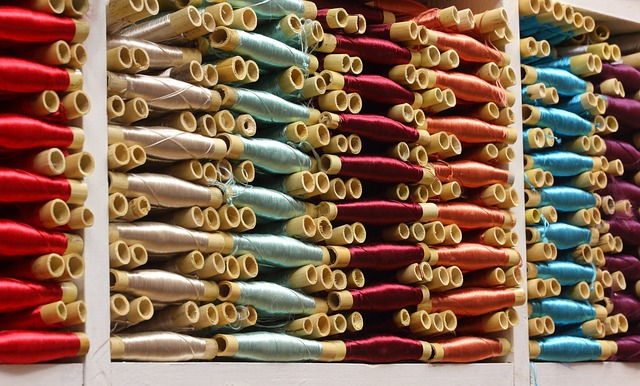
It’s amazing to see how bamboo has reshaped the fashion industry, providing us with stylish and sustainable clothing options that we can feel good about wearing.
The Benefits of Bamboo Clothing for the Fashion Industry
When it comes to making sustainable fashion choices, one key option to consider is bamboo clothing.
Not only is bamboo a renewable resource, but it also has numerous benefits for the fashion industry.
From its versatility in design to its eco-friendly production process, bamboo clothing offers a stylish and sustainable choice for conscious consumers.
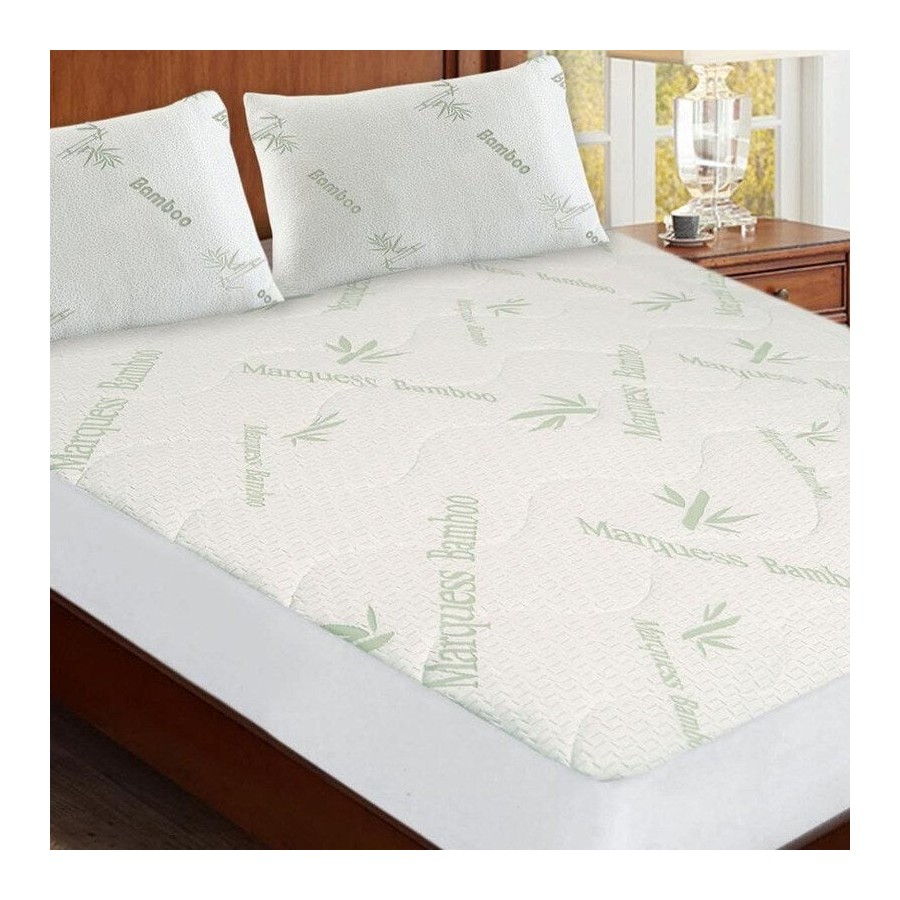
Sustainable Fashion Choice
You should consider bamboo as a sustainable fashion choice because it is renewable and eco-friendly.
Bamboo is a plant that grows quickly and abundantly, making it a highly renewable resource. Unlike other fabric options, bamboo requires no pesticides or fertilizers to grow, reducing its impact on the environment. Additionally, bamboo plants release more oxygen into the air and absorb more carbon dioxide compared to trees. This makes bamboo clothing an eco-friendly choice that helps combat climate change.
Not only is bamboo sustainable, but it is also incredibly versatile. It can be transformed into soft and comfortable fabrics that are perfect for clothing. Bamboo clothing is breathable, moisture-wicking, and naturally antimicrobial, making it a great option for those with sensitive skin.
Versatility in Design
Take a moment to appreciate the versatility of bamboo clothing in its ability to be designed for various styles and occasions. From casual everyday wear to elegant evening attire, bamboo clothing offers endless possibilities.
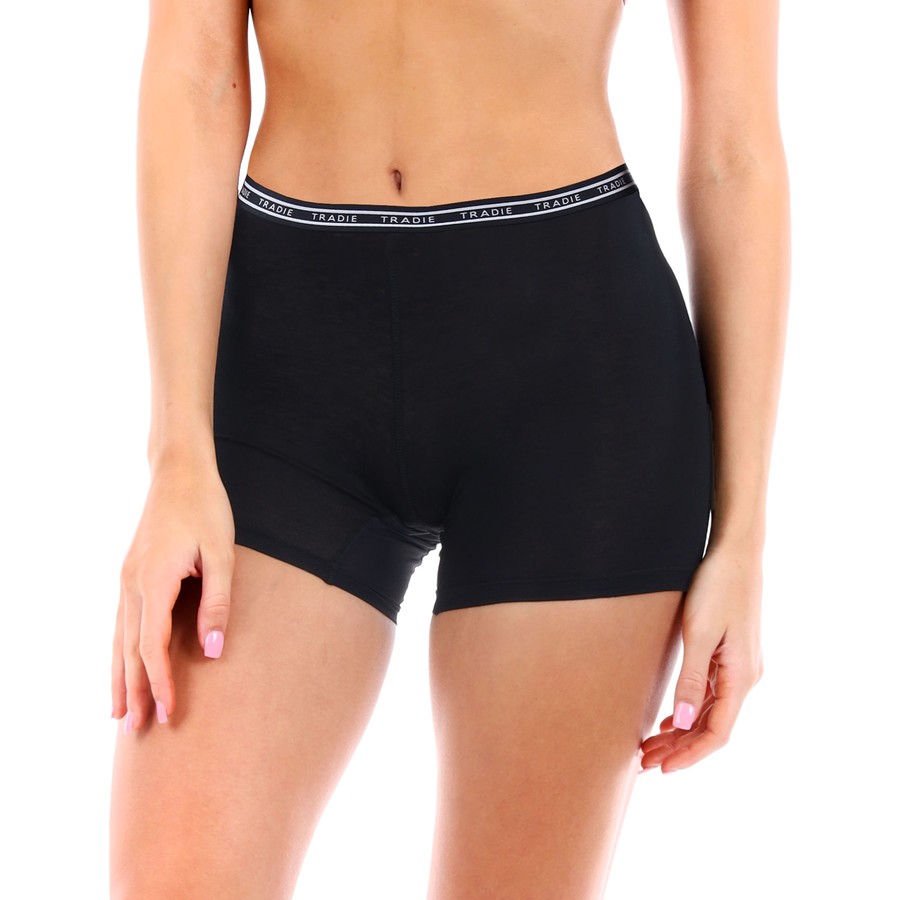
I love how bamboo fabric can be transformed into sleek, modern designs that are perfect for a night out on the town. The soft, breathable material drapes beautifully, making it ideal for flowing dresses or tailored suits.
Whether I’m lounging at home or attending a formal event, I can always count on my bamboo wardrobe to provide comfort and style. Plus, the natural properties of bamboo, such as its moisture-wicking and odor-resistant qualities, make it a practical choice for any occasion.
With bamboo clothing, I can effortlessly express my personal style while making a sustainable fashion statement.
Bamboo Textiles: A Solution for Reducing Microplastic Pollution
Bamboo textiles offer a solution for reducing microplastic pollution. I am excited about the potential of bamboo as an alternative to synthetic materials because I care about the environment. Unlike polyester or nylon, which shed microplastics when washed, bamboo textiles are biodegradable and do not contribute to this issue.
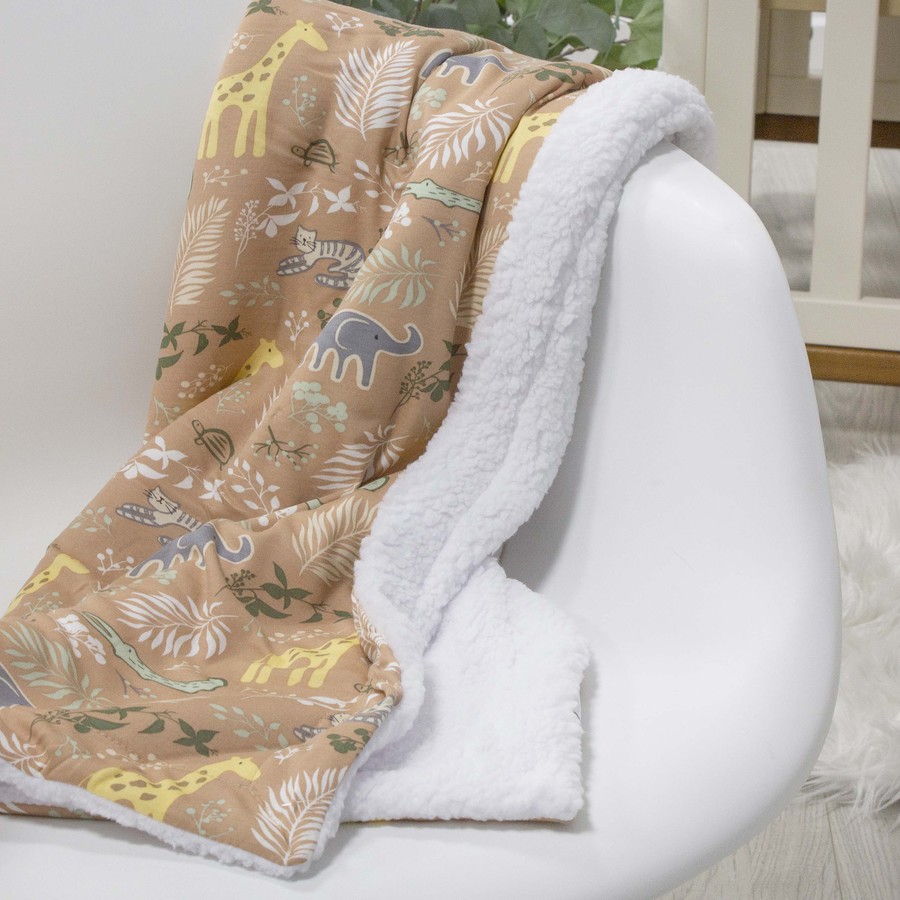
By choosing bamboo clothing and fabrics, we can actively reduce the amount of microplastics entering our waterways and oceans. Bamboo is a renewable resource that grows quickly and requires minimal water and pesticides, making it even more sustainable.
I love knowing that my clothing choices can have a positive impact on the planet. Bamboo textiles are not only comfortable and stylish but also eco-friendly, making them a win-win choice.
The Future of Bamboo Textiles: Trends and Potential Applications
If you’re interested in fashion and sustainability, it’s worth exploring the current trends and potential applications for this innovative material.
Bamboo textiles are gaining popularity in the fashion industry due to their eco-friendly nature and versatility.
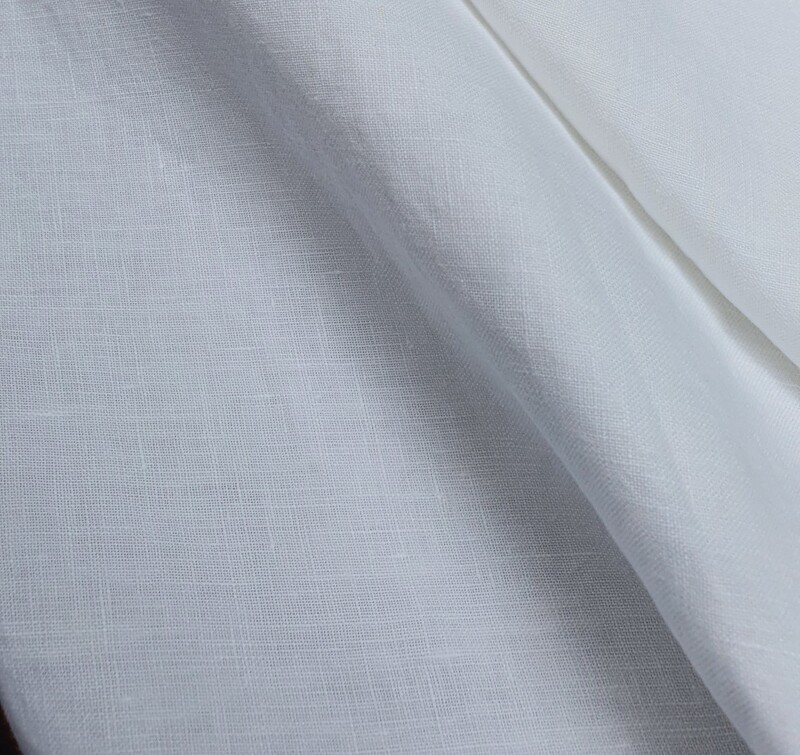
One of the current trends is the use of bamboo fabric in activewear. Its moisture-wicking and antibacterial properties make it perfect for workout clothes.
Another trend is the incorporation of bamboo textiles in luxury fashion. Designers are using bamboo silk to create elegant and sustainable garments.
Additionally, bamboo textiles are being used in home decor items such as bedding and towels, thanks to their softness and hypoallergenic qualities.
The potential applications for bamboo textiles are vast, and as more people become aware of their benefits, we can expect to see even more innovative uses for this renewable resource.
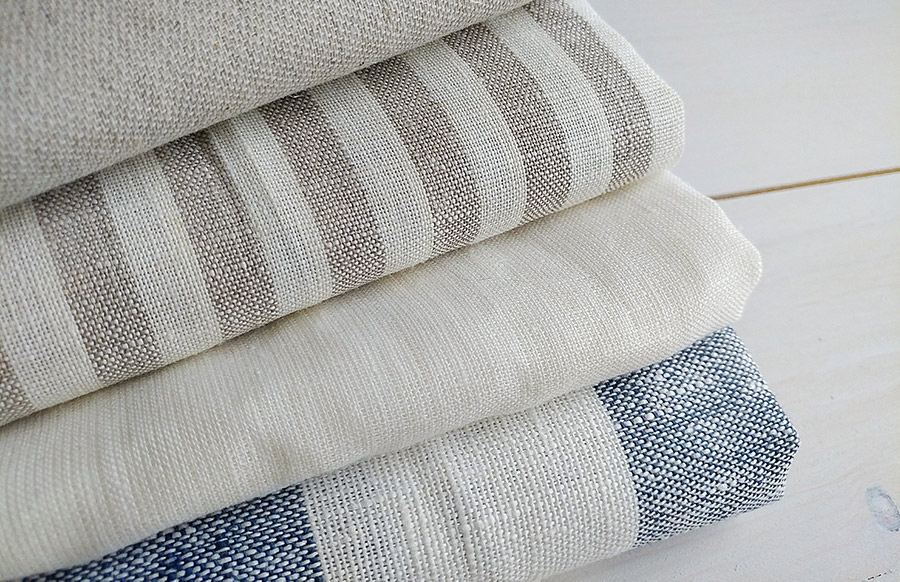
Frequently Asked Questions
How Is Bamboo Fabric Made From Bamboo Plants?
I’m not sure about the specific details, but I know that bamboo fabric is made from bamboo plants through a process that involves extracting the fibers and then weaving them into textile materials.
Are Bamboo Textiles Suitable for All Types of Clothing?
Yes, bamboo textiles are suitable for all types of clothing. The fabric made from bamboo plants is versatile, soft, and breathable, making it a great option for everything from t-shirts to underwear.
Is Bamboo Fabric Biodegradable?
Yes, bamboo fabric is biodegradable. It breaks down naturally into organic matter, making it an eco-friendly choice. Its ability to decompose quickly reduces environmental impact and promotes sustainability in the textile industry.
What Are the Main Advantages of Using Bamboo as a Textile Material?
The main advantages of using bamboo as a textile material include its renewable nature, durability, softness, breathability, and antibacterial properties. It’s also hypoallergenic, absorbs moisture well, and requires less water and pesticides to grow.
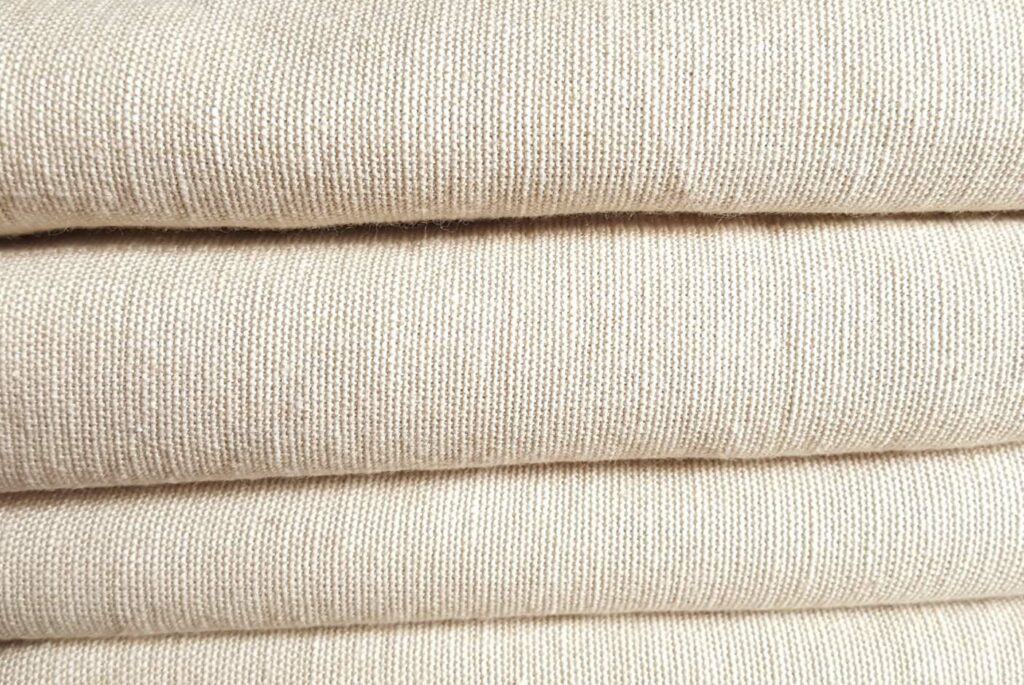
Are There Any Challenges or Limitations in the Production of Bamboo Textiles?
There are challenges and limitations in the production of bamboo textiles. For example, bamboo fabric requires complex processing methods and can be more expensive compared to traditional textiles.
Conclusion
In conclusion, bamboo textiles are revolutionizing the future of the fashion industry. With their minimal environmental impact, versatility, and durability, they provide a sustainable alternative to traditional textile materials.
Innovations in production processes are further enhancing their quality and efficiency. Bamboo clothing not only benefits the fashion industry but also helps in reducing microplastic pollution.
As we move forward, the potential applications and trends for bamboo textiles are endless. It is clear that bamboo is reshaping the future of textiles and paving the way for a more sustainable and eco-friendly fashion industry.
